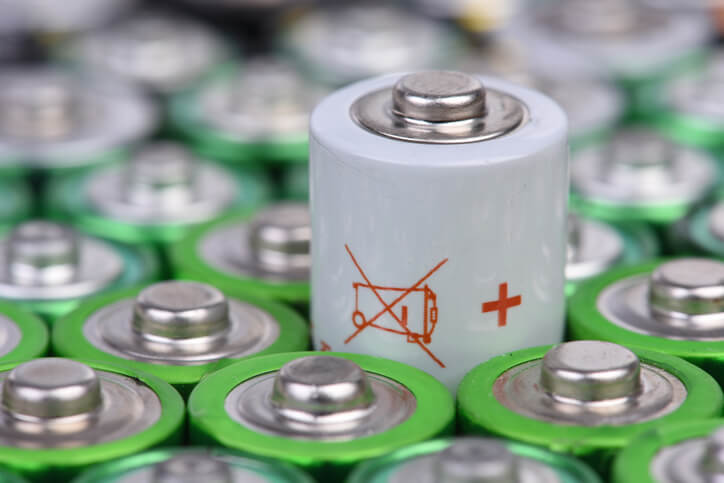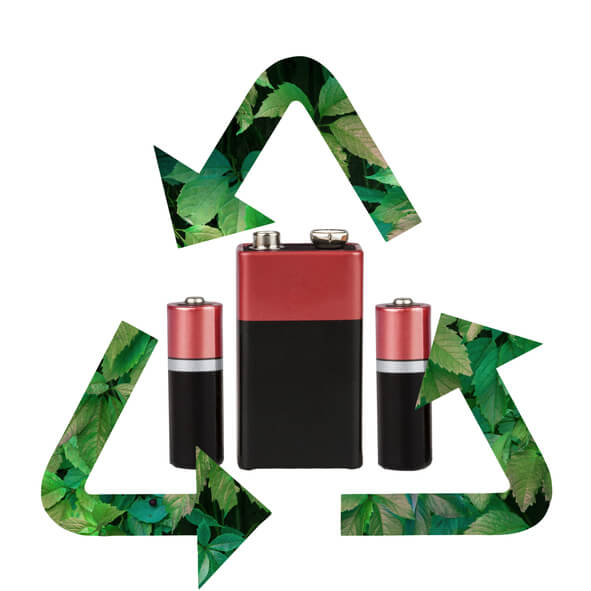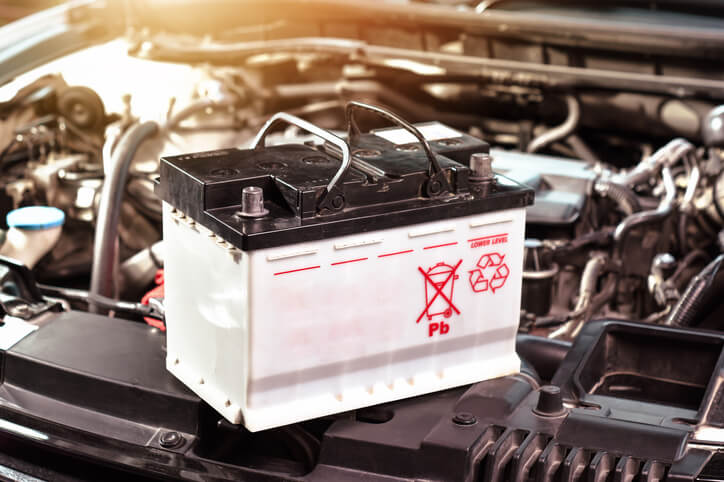In Automotive School? How Iron Chloride Could Change EV Energy Storage
The electric vehicle (EV) industry is constantly evolving, with advancements in battery technology being one of the most critical areas of development. As an automotive school student, it’s important to stay informed about these changes, especially if you’re interested in the future of hybrid and electric vehicles.
Iron chloride is an emerging compound being researched for its potential role in revolutionizing EV energy storage. This emerging technology can potentially improve EV batteries’ efficiency, cost, and sustainability.
In this blog post, we’ll explore how iron chloride could revolutionize EV energy storage and why it matters for those in hybrid and electrical mechanic training.
What Is Iron Chloride and How Does It Work in EV Batteries?
Although iron chloride has yet to be widely adopted, some research explores its potential applications in energy storage systems, including EV batteries. In traditional lithium-ion batteries, commonly used in electric vehicles today, the cathode materials are often made from costly and less sustainable elements like cobalt and nickel. While effective, these materials must be revised regarding availability, cost, and environmental impact.
Iron chloride, on the other hand, offers a more abundant and affordable alternative. Research into iron chloride as a cathode material has shown that it could provide high energy density while being more environmentally friendly. Iron chloride-based cathodes could allow EV batteries to store more energy for longer, leading to increased driving range and battery life—two major concerns in the EV market.
As a student in automotive school, understanding these advancements is crucial. It impacts the vehicles you’ll work on in the future and reflects the broader shift toward more sustainable technologies within the automotive industry.

Why Iron Chloride Could Be a Game-Changer for EV Energy Storage
There are several reasons why iron chloride is generating excitement within the electric vehicle sector. Here are a few key benefits:
- Cost Efficiency: Iron is one of Earth’s most abundant elements, making it significantly cheaper to source than materials like cobalt and nickel. This could make electric vehicles more affordable for consumers. As someone in hybrid and electrical mechanic training, understanding cost-effective solutions will be important as the demand for EVs increases.
- Sustainability: The extraction of cobalt and nickel is expensive and comes with environmental and ethical concerns. Iron chloride offers a more sustainable alternative, reducing the environmental impact of battery production and making the EV industry more eco-friendly.
- Improved Energy Density: Early research indicates that iron chloride could offer comparable, if not superior, energy density compared to current cathode materials. Higher energy density means more energy can be stored in the battery, allowing for longer driving ranges and improved performance for EVs.
- Safety: Iron chloride-based batteries are expected to have better thermal stability, which reduces the risk of overheating or fires—a concern that has plagued some lithium-ion batteries. This improvement could enhance the safety profile of EVs, making them more attractive to consumers and manufacturers alike.

What This Means for Automotive School Students
Staying ahead of technological advancements is crucial if you’re currently enrolled in ATC Surrey’s hybrid and electrical mechanic program. As the industry shifts toward electric and hybrid vehicles, the demand for skilled mechanics who understand EV systems, including energy storage, continues to grow.
At ATC Surrey, you’ll learn about cutting-edge technologies like battery pack designs, energy storage capacity, and high-voltage systems. This knowledge ensures you’re prepared to handle innovations like the use of iron chloride in EV batteries, giving you a competitive edge in the workforce.
Do you want to become a hybrid and electric vehicle mechanic?
Contact ATC Surrey for more information.


